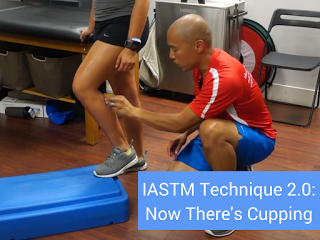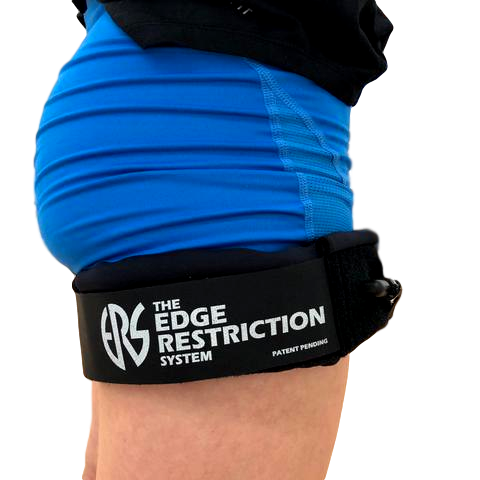There are many reason why you need a mentor if you really want to be successful in your clinic, practice, patient interaction, and business. There are plenty of options out there and after doing it live for several years with fellowship mentoring and intermittently online. I felt like I needed to offer a program as diverse and effective as The Eclectic Approach has been come to be known for. My team of instructors for The Eclectic Approach and I have just launched Modern Rehab Mastery, a group that has 5 mentors, plus a ton of bonuses that pay for your entire first year.
5 Reasons Why You Need a Mentor
1. Mentors provide information and knowledge.
"Tell me and I forget, teach me and I may remember, involve me and I learn." - Benjamin Franklin
I knew that I wanted to learn manual therapy and be the best PT I could be. Without the mentorship I had for 2 years in fellowship, all the manual therapy techniques and assessments I learned would be trial and error. That's the difference between taking courses as you start to fail and learning to integrate and apply the concepts. You can use your mentor's experience and not make the same mistakes they did. When you make the inevitable mistake, you have your mentor and your mentee group to fall back on for advice and ideas.
2. Mentors can see where we need to what we need to work on when we cannot
"Mentors have a way of seeing more of our faults that we would like. It's the only way we grow." - George Lucas - now if only his mentor told him to sell to Disney earlier and that no one likes Jar JarIn the same way that you should not assess yourself physically when you have issues, similar biases do not let you see your weaknesses. We all could use a coaches eye with movement and sport and the same goes for Clinical Practice and Decision Making.
3. Mentors find ways to stimulate growth.
Having a mentor kept me humble and I was always being challenged as to why I chose a particular intervention or assessment for a patient. One of the first things I ask anyone when they reach out to me online or in person is, "Why did you choose that assessment and treatment?" Plus, "What have you taught the patient for home?"
When you don't have a lot of experience, or a mentor the answer often is some variation of
- it's worked for me in the past
- that's the way I learned it
To really grow in your Clinical Practice and Decision Making, you need to be able to answer these questions to your patient and yourself. Having original thoughts and not just being a follower of commercial approach x is what growth is all about.
4. Mentors offer encouragement
I guarantee you, you will fail, but what are you going to learn from it?
5. Mentors are disciplinarians that create necessary boundaries that we cannot set for ourselves.
Keeping it Eclectic..."A lot of people have gone further than they thought because someone else thought they could." - UnknownI have failed many patients. I even have an entire podcast about it! There were times when I thought I never want to see another "insert condition here" patient again. Even after my fellowship, I felt much more comfortable with spine patients than extremities. My most hated case was the chronic knee pain that had full ROM, full strength, and no special tests positive. Mentorship can help you with the types of cases and interactions you are unsuccessful with or just do not like dealing with.
I guarantee you, you will fail, but what are you going to learn from it?
How often are you researching other methods for helping that pain with high fear avoidance? That particular tendinopathy that is not responding to eccentric loading? Are you reading research at least twice a month? Are you critical of it? These are things we should be doing, but often when we set aside time for them. We are hit with a notification and all of a sudden we are watching the latest viral cat video.
Our group has like minded clinicians who are ready to mentor you, push your boundaries and keep you stimulated when your workplace sometimes does not. Check out The Eclectic Approach to Modern Rehab Mastery by clicking the button below.
Our group has like minded clinicians who are ready to mentor you, push your boundaries and keep you stimulated when your workplace sometimes does not. Check out The Eclectic Approach to Modern Rehab Mastery by clicking the button below.













Post a Comment
Post a Comment